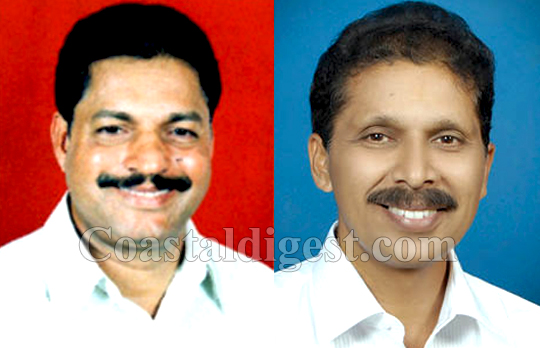Bengaluru, May 1: As Mumbai link surfacing in some COVID-19 cases in Mandya district in Karnataka, JDS leader and former chief minister H D Kumaraswamy on Friday blamed the district administration for the situation, accusing it of not quarantining 7,000 labourers who 'returned' from the Maharashtra capital.
"The information we have is that there are about 16,000 labourers from Mandya were working in Mumbai of which 7,000 people reached the district. None of them was quarantined properly," Kumaraswamy told reporters in Bengaluru.
He claimed the district, a stronghold of JDS, was staring at a major spurt in cases due to the careless attitude of the district administration. "Government should initiate action against those who are responsible for the laxity," he said.
However, he did not specify when the 7,000 workers returned to Mandya. When asked about Kumaraswamy's claim, officials said they have to verify it. Of the eight cases reported from Mandya on Friday, three had a travel history to Mumbai, a major COVID-19 hotspot in the country, officials said.
A Health Department official said four of the fresh cases were contacts of a patient who tested positive on April 8 and admitted to a hospital. After weeks of coming in contact with him, the four were confirmed for COVID-19, an official said. The Three people with travel history to Mumbai had, in fact, brought the body of a man who died of a heart attack there on April 24, the official added.






Comments
congratulations Hegde sir.
Bharat Maataha ki Jai.
BJP Jai ho. We will sweep next polls
whatever comes and goes my question is any benefit common people getting?
congratulation to both. waiting good work from u both.
matandoor is a good leader. can lead BJP to the victory. all the best to both of u.
Add new comment